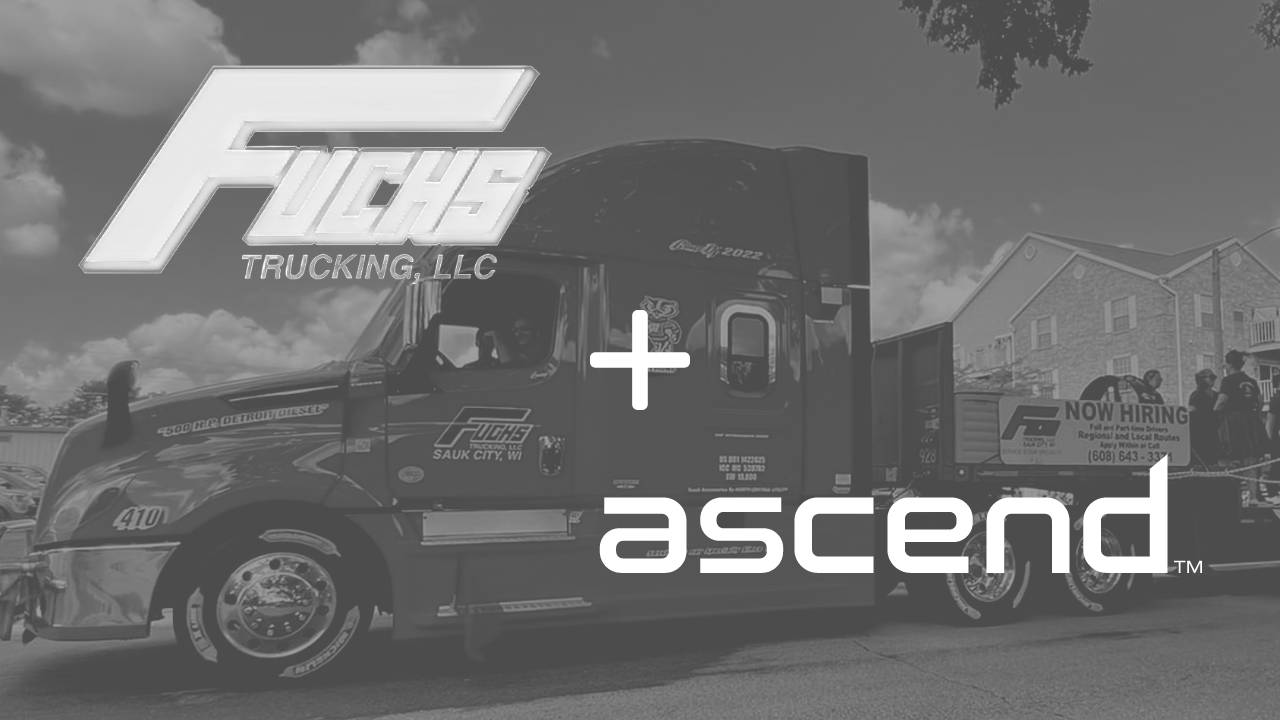EBITDA for Dummies
Posted on April 01, 2015 by Spencer Tenney

EBITDA is one of many complex valuation formulas commonly used in business sales. It also happens to be one of the most commonly misunderstood. An abbreviation for earnings before interest, taxes, depreciation, and amortization, EBITDA attempts to measure free cash flow based on numbers in a company’s income and cash flow statements. But like most valuation methods, the effectiveness of EBITDA varies by calculation method and company.
What Is EBITDA?
EBITDA was popularized in the 1980’s for the purpose of determining whether firms in leveraged buyouts could quickly pay off debts after restructuring. By removing non-operating and non-cash charges, EBITDA can illuminate a company’s true performance capabilities. Basically, it equals revenue minus expenses. Interest and taxes, which can vary by situation, are also left out of the equation. Multiples of EBITDA (usually enterprise value divided by EBITDA value) are often used to measure accounting value against market value. In theory, multiples allow for buyers to make more accurate apples-to-apples comparisons between businesses.
How Is It Used?
When valuing a trucking business, a wide range of multiples might be applied depending on the type of buyer, the financial performance of a business, and the size of a business. For instance, a private equity firm interested primarily in the growth prospects of a transport business for sale may be more likely to focus on the company’s EBITDA value. A strategic buyer, however, might be willing to pay a substantially larger multiple due to synergies and other less obvious forms of value. For a younger company or a business that has incurred operating losses, using an EBITDA value can redirect focus to performance potential. Adding back taxes, depreciation, and interest has the ability to reverse a loss and demonstrate cash flow. For large trucking companies with many assets – and thus many depreciation charges – EBITDA may help level the playing field.
What Are the Pros and Cons of EBITDA?
When considering any valuation formula, it’s important to note that there is no “correct” calculation. No two businesses are the same, and EBITDA doesn’t take into account variances in factors like risk level, reinvestment needs, or customer concentration. It can be a useful tool for expressing your company’s cash flow to financial buyers. However, it effectively eliminates forms of non-operational value that may result in an increased offer by the right buyer.
Often times, the best valuation is a mixture of several methods personalized for your particular business. A professional business broker familiar that specializes in trucking industry can provide you with the most accurate and advantageous valuation when you’re ready to list your trucking business for sale.


